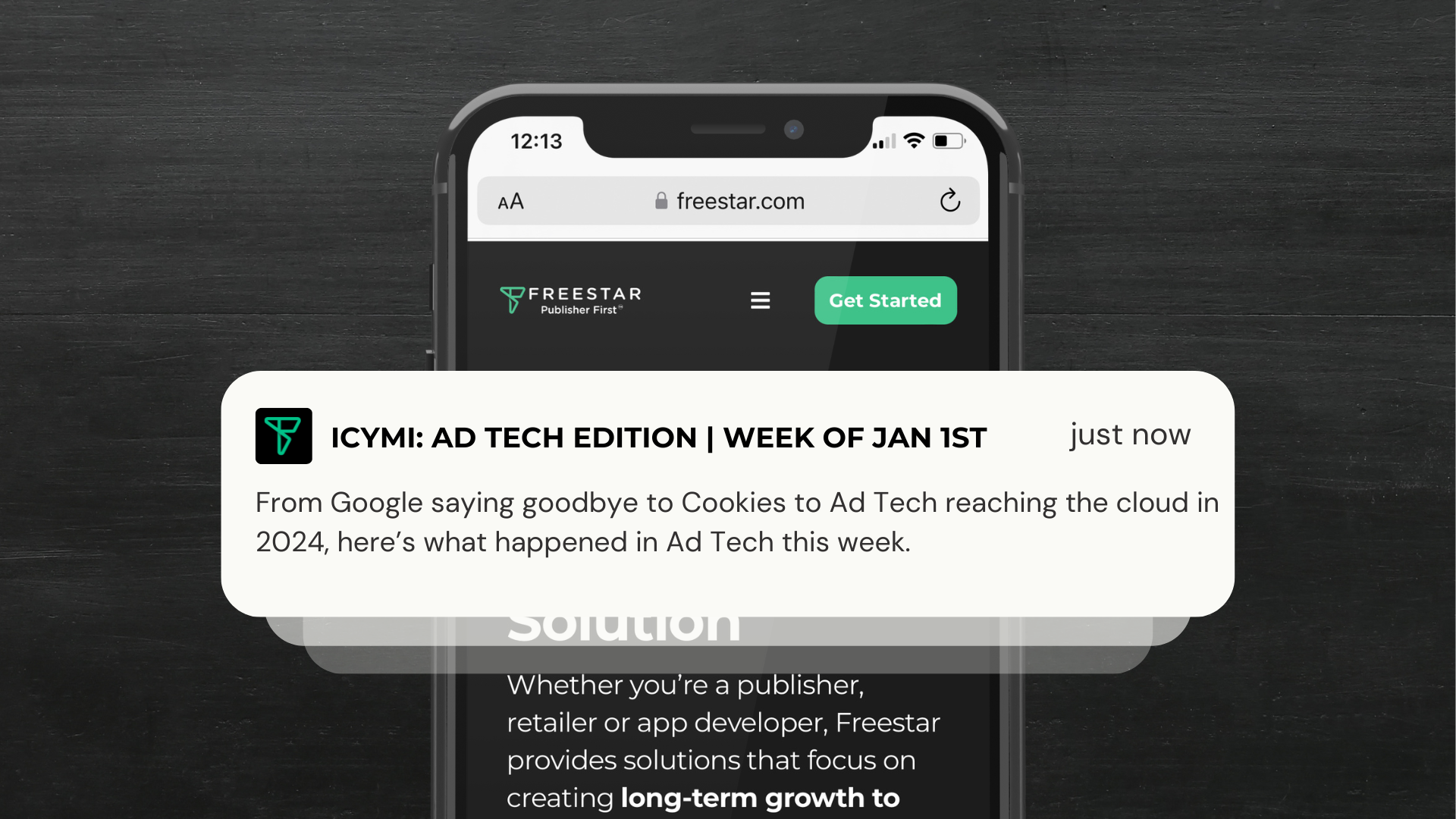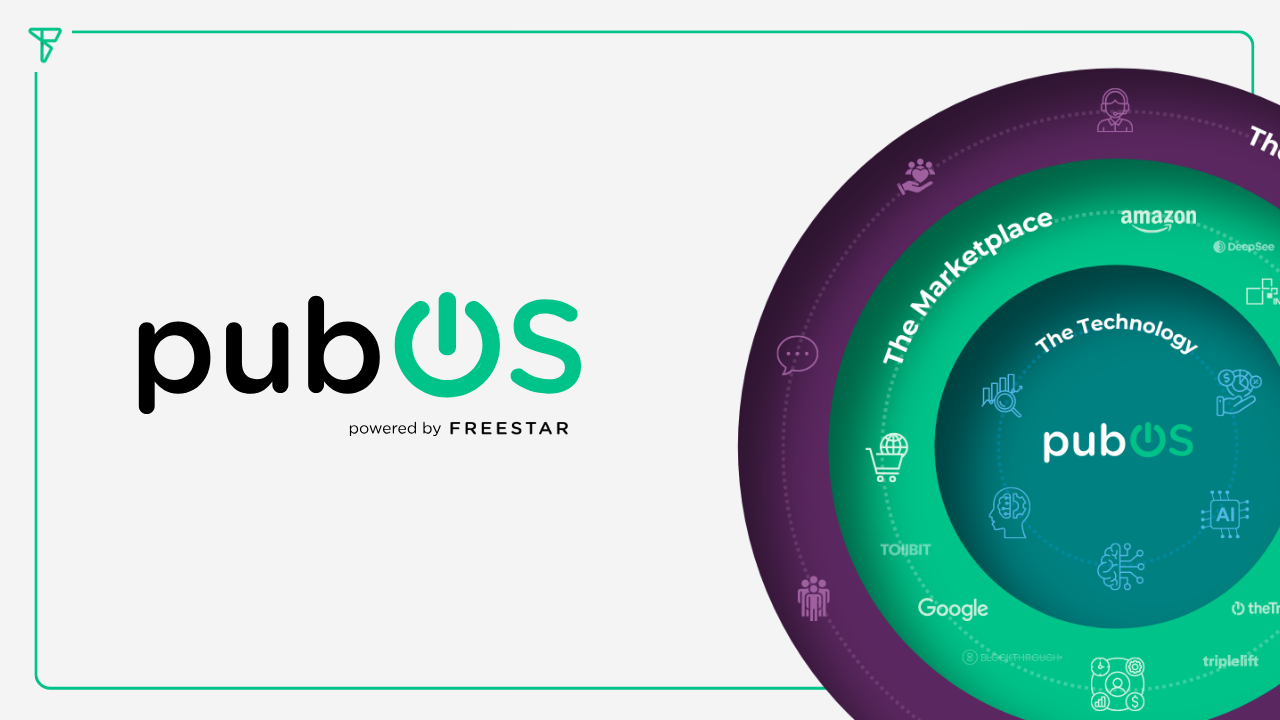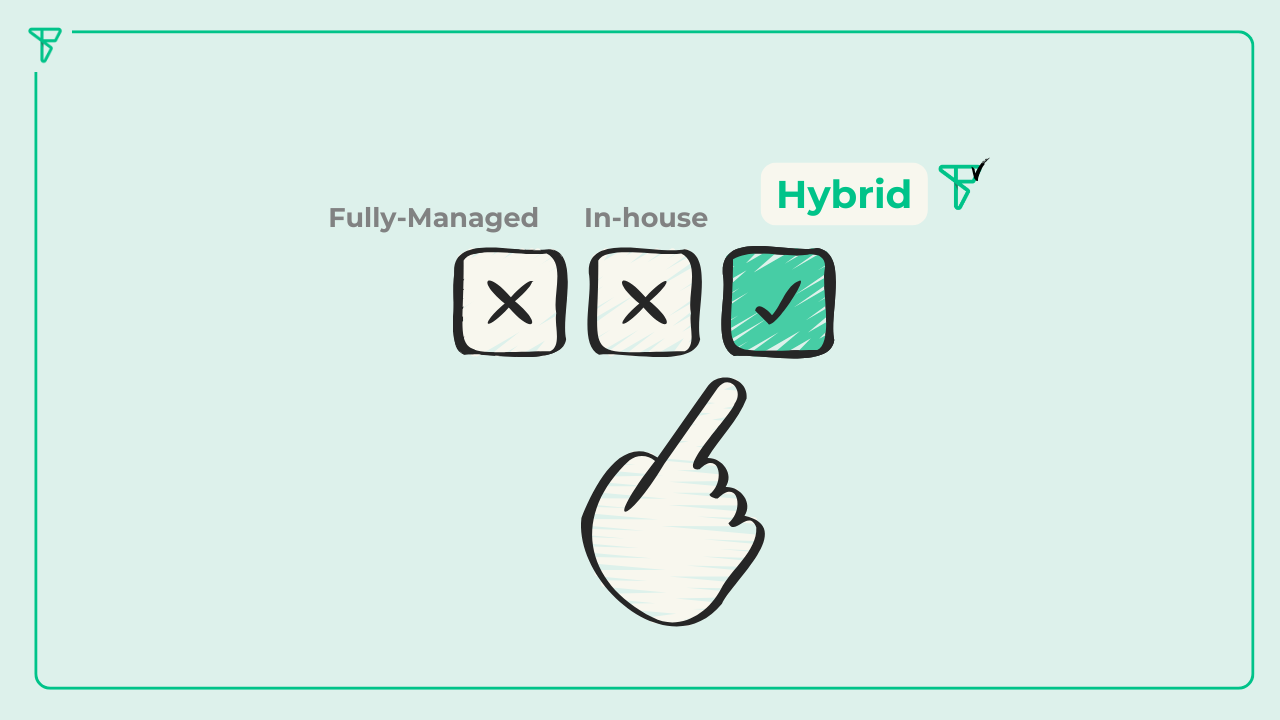Bits and Bobs from around the industry:
- Google Just Swallowed the Cookie. That Will Change How Your Company Advertises
- The Year Ad Tech Went To The Cloud
- Big Tech, Walled Gardens, and Regulatory Battles in 2024
Google Just Swallowed the Cookie. That Will Change How Your Company Advertises
Google has commenced its initiative to eliminate third-party cookies, a development that could impact the efficiency of online advertisements and necessitate adjustments to businesses’ ad strategies and websites. The change, introduced through a feature called Tracking Protection, is initially affecting a small percentage of Chrome browser users, with the intention of extending the cookie ban to all Chrome users by the end of 2024. This move by Google is a response to evolving attitudes and privacy regulations, and its broader implications have raised concerns in the online advertising industry, with critics arguing that the industry is not adequately prepared for the changes.
Google, as a major player in online advertising, has faced criticism for potentially benefiting from these changes at the expense of third-party advertising companies. The company has previously delayed the implementation of its cookie-restricting plan. Google has been actively developing cookie alternatives, such as FLoC and Topics, aiming to enable targeted advertising while prioritizing user privacy. Topics, launched in 2022, is positioned as a solution that supports publishers, creators, and developers in building thriving businesses while ensuring a safe and healthy web for users.
As the landscape of online advertising undergoes shifts with the decline of third-party cookies, businesses may need to explore alternative advertising approaches. For larger enterprises with substantial budgets, this shift might prompt a pivot to new ways of reaching customers. However, for small businesses lacking significant IT expertise, adapting to these changes could pose greater challenges.
Entrepreneurs in the advertising technology space may consider influencer or creator-based advertising, which relies on partnerships with individuals who have a significant following and can promote products or services authentically. Additionally, the adoption of AI-driven ads, leveraging artificial intelligence algorithms to optimize targeting and personalization, could emerge as an alternative in the evolving advertising landscape shaped by privacy concerns and changing regulations.
The Year Ad Tech Went To The Cloud
In 2023, the trends driving adoption of cloud-based ad tech were marked by shifts in the industry’s reliance on data clean rooms, privacy compliance, and the rise of generative AI. Amid the dominance of Big Tech platforms, independent cloud-based advertising vendors faced challenges in competing with giants like Google and Amazon. Snowflake emerged as a significant player, leveraging its scale and industry penetration, particularly in collaboration with ad tech and media businesses building cloud-based services. The cloud-based approach gained momentum as businesses sought privacy-compliant solutions and alternatives to traditional data segments.
Snowflake, not replacing but complementing platforms like Amazon Web Services (AWS) and Google Cloud Platform (GCP), played a key role in initiatives by companies like Acxiom, NCSolutions, The Trade Desk, and Narrative. These initiatives included cloud-based data clean rooms, product launches, and data sales tools built on Snowflake. The focus on interoperability also saw Google and Amazon introducing third-party clean room services, allowing outside companies to set up clean rooms without accessing the platforms’ first-party data.
While independent contenders made strides, the dominance of walled gardens like Google and Amazon in the cloud market persisted. These platforms leveraged their portfolios to dominate ad buying, media selling, and cloud infrastructure. AWS and GCP offered third-party interoperability, but the most potent tools remained reserved for Amazon Advertising and Google Ads. The AI boom became a significant driver, with generative AI tech gaining prominence in ad optimization, creative generation, and content creation. Google Ads’ Performance Max and AI-generated content adoption by big brands highlighted the increasing importance of cloud-based AI in online advertising.
Big Tech, Walled Gardens, and Regulatory Battles in 2024
In 2023, Big Tech’s dominance in the digital advertising industry continued to raise concerns over data ownership, transparency, and market competition. Despite regulatory efforts globally, Google, Meta, and Amazon were projected to account for 83% of global digital advertising revenue in the coming years. The Online News Act in Canada, passed in the summer of 2023, compelled dominant platforms to compensate news organizations for content displayed in search results and social media. A standoff between Meta and Canada ensued when Meta threatened to block news content on Facebook and Instagram, highlighting the challenges in regulatory interventions.
In the United States, Google faced an ongoing Federal Trade Commission (FTC) lawsuit over its digital ad tech monopoly, with the trial’s outcome potentially shaping the industry in 2024. A San Francisco jury ruled that Google violated antitrust laws, leading to an appeal that would proceed to the 9th U.S. Circuit Court of Appeals in 2024. Amazon’s advertising business was expected to thrive financially in 2024, with marketers favoring Amazon Advertising amid diminishing third-party data and cookies. However, Amazon faced an antitrust lawsuit filed by US regulators and 17 states, accusing the company of monopolistic practices.
Meta’s legal challenges intensified as it filed a lawsuit questioning the constitutionality of the FTC. The FTC accused Meta of violating a 2020 privacy settlement and proposed changes to prevent financial benefits from data collected from individuals aged 18 or under. In Europe, Meta faced fines and restrictions for data collection violations, with the European Data Protection Board (EDPB) issuing a ban on Meta’s behavioral advertising practices in the European Economic Area (EEA). The Digital Markets Act (DMA) in the EU targeted six gatekeepers, including Alphabet, Amazon, Apple, Meta, Microsoft, and ByteDance, aiming to enforce strict competition regulations and increase market access for third-party services.
As legal battles unfolded, 2024 was anticipated to be a critical year, potentially leading to significant changes in the advertising industry, increased competition, and new government regulations. The outcomes could impact ad costs and create challenges for smaller publishers accustomed to the simplicity of the dominant tech ecosystems. Big Tech companies were expected to continue legal battles, appealing moves that directly challenged their profitable business models.
[fusion_imageframe custom_aspect_ratio="100" lightbox="no" linktarget="_blank" align_medium="none" align_small="none" align="none" hover_type="none" caption_style="off" caption_align_medium="none" caption_align_small="none" caption_align="none" caption_title_tag="2" animation_direction="left" animation_speed="0.3" animation_delay="0" hide_on_mobile="small-visibility,medium-visibility,large-visibility" sticky_display="normal,sticky" filter_hue="0" filter_saturation="100" filter_brightness="100" filter_contrast="100" filter_invert="0" filter_sepia="0" filter_opacity="100" filter_blur="0" filter_hue_hover="0" filter_saturation_hover="100" filter_brightness_hover="100" filter_contrast_hover="100" filter_invert_hover="0" filter_sepia_hover="0" filter_opacity_hover="100" filter_blur_hover="0" image_id="16096|full" link="https://freestar.com/subscribe/%22]https://freestar.com/wp-content/uploads/2023/02/Subscribe-to-Newsletter.png[/fusion_imageframe]




